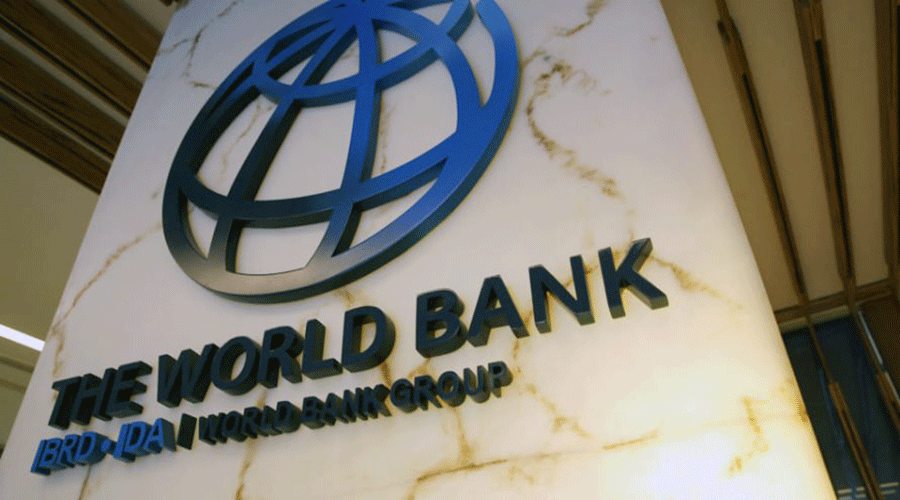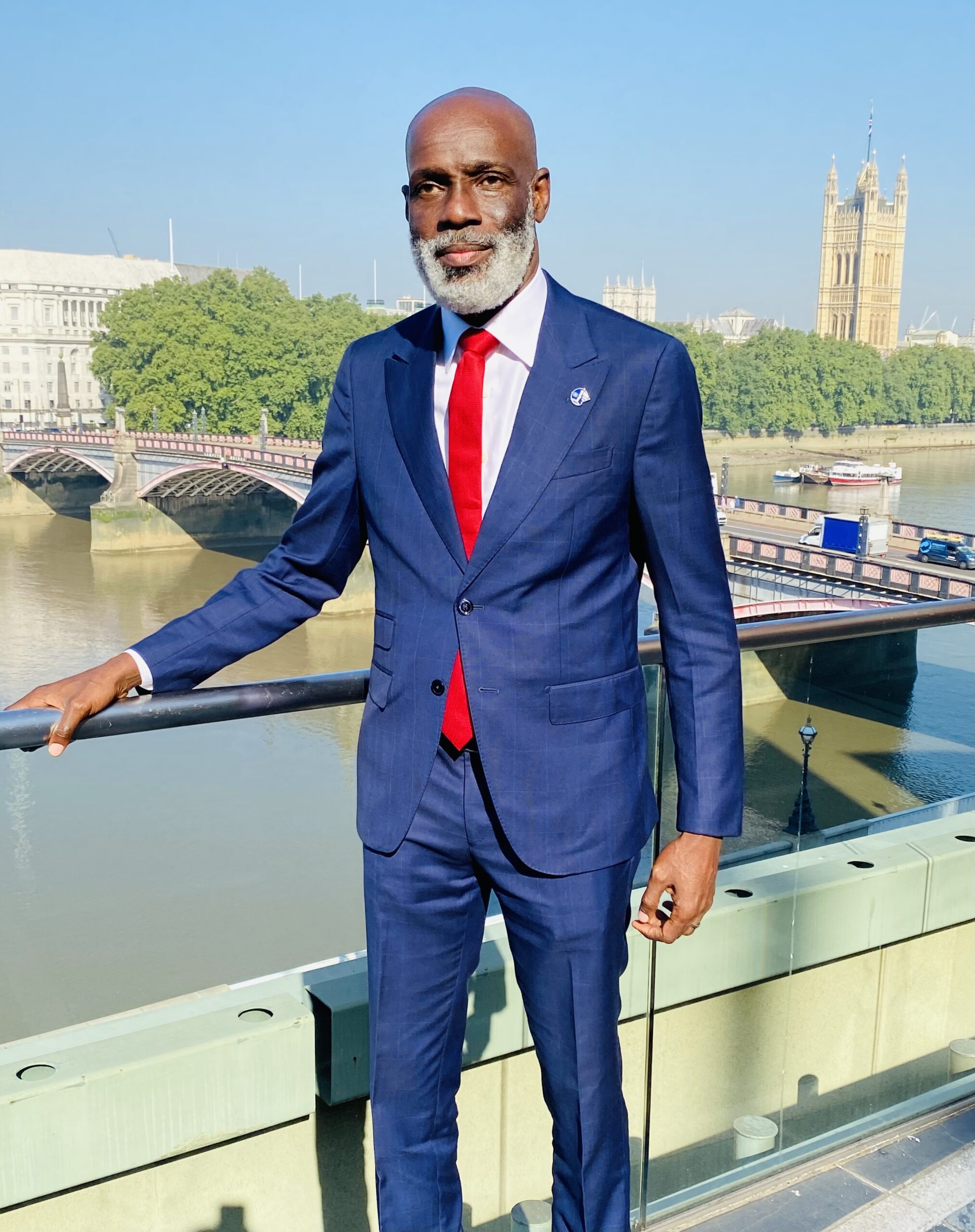Logatuo: A Hell For Cross-border Trade

The only bridge, which is the official crossing point between Ivory Coast and Liberia in Logatou, Nimba County is yet to be rehabilitated since it collapsed in 2003.
This has made it extremely difficult for business people and other travelers to easily commute from Liberia to Ivory Coast in that part of the country.

According to our staff writer who has just returned from an assessment visit in Logatuo, Nimba County, as a result of the collapsed bridge, the local communities on both sides of the border have built an artisanal bridge, but he said, the artisanal bridge cannot stand the weight of even a light vehicle.
Describing the situation as a ‘hell for cross-border trade’, he explained that in order to bring goods from Ivory Coast to Liberia, “you have to use humans as carriers to cross the border, thus increasing the cost of importation.”
Several traders who spoke to our staff writer, expressed frustration over the situation, saying it is seriously hampering the success of their businesses.
While calling on the Liberian government to urgently take practical steps to rehabilitate the bridge, which before its collapse served as a major crossing point, some of the traders could not hide their dislike about the impediment the bridge poses to them.
[bsa_pro_ad_space id=1]

Aminata Fofana, a Liberian business woman, who imports pepper from Ivory Coast. Aminata said: “It takes me whole day to off load a ten tone truck of pepper and cross the border, another day to load the truck that we use on the Liberian side, before you can talk about going to Monrovia.”
According to her, for each bag of pepper, she pays LD$50 dollar to the carriers who are young boys from both sides of the border.
“At the end of the exercise, when the Arithmetic is done, the importer pays not less than 10 thousand dollars LD to cross the goods,” Aminata voiced out.
“After crossing, you have to pay the custom duty and pay the same boys to load the truck on the Liberian side. It is complete hell for us. When the bridge was ok, we used to pay the truck from Ivory Coast to Monrovia.”
“Now you have to negotiate two trucks-one on the Liberian side and another one on the Ivorian side. This is the reason why the pepper is getting expensive in Monrovia,” Lorpue Kollie, another importer of pepper, added.
It appears that the situation is also fatal for the government that is said to be losing several millions of dollars, because the influx of traders has significantly dropped.
“It was I can say the busiest border crossing point. Not only Liberian business people were using this border. Ivoirians, Malians, Burkinabe, Togolese, and you name it.
This is the shortest way, by road, of coming to Liberia from Ivory Coast, Burkina, Mali, Togo, and Ghana. Many investors who are used to this road are still coming to check if the bridge is fixed.

They always tell us that they cannot use Toe’s Town border because it is too costly. I can say that the government is losing millions of dollars,” Liberian authorities hinted our staff writer.
The bridge between Ivory Coast and Liberia was built in the 70s by LAMCO, a German mining company that was operating in Yekepa, a bordering town in Nimba County, between Guinea and Liberia.
A source in Logatuo told our staff writer that one James Gbahn, a senior collector in Logatuo during the Taylor’s regime is the one who destroyed the bridge to stop a local logging company from smuggling logs out of Liberia.
“The Mohamed Group of Company MGC was using this border to carry logs in Ivory Coast without paying tax. Mr. Gbahn tried in vain to convince them that the bridge was too small for such a trade.
After few months, the bridge started to shake so badly that it was dangerous for anyone to use it. But MGC was still taking the risk. That’s why Mr. Gbahn gave the order to take it down,”the source added.
In another development, majority of cross-border traders in Logatuo told our staff writer that they are happy with the way they are being treated by custom authorities there.
“Almost all the traders, who spoke with me, said the custom system at the border is very satisfactory,” our staff writer said.
“They are very professional in dealing with us. No hauling and pooling here and there like before, now custom officers talk to you with high respect. The same thing with the immigration, I must commend them, because they are great,” Hanah Wongbaye, a Liberian business woman remarked.




















